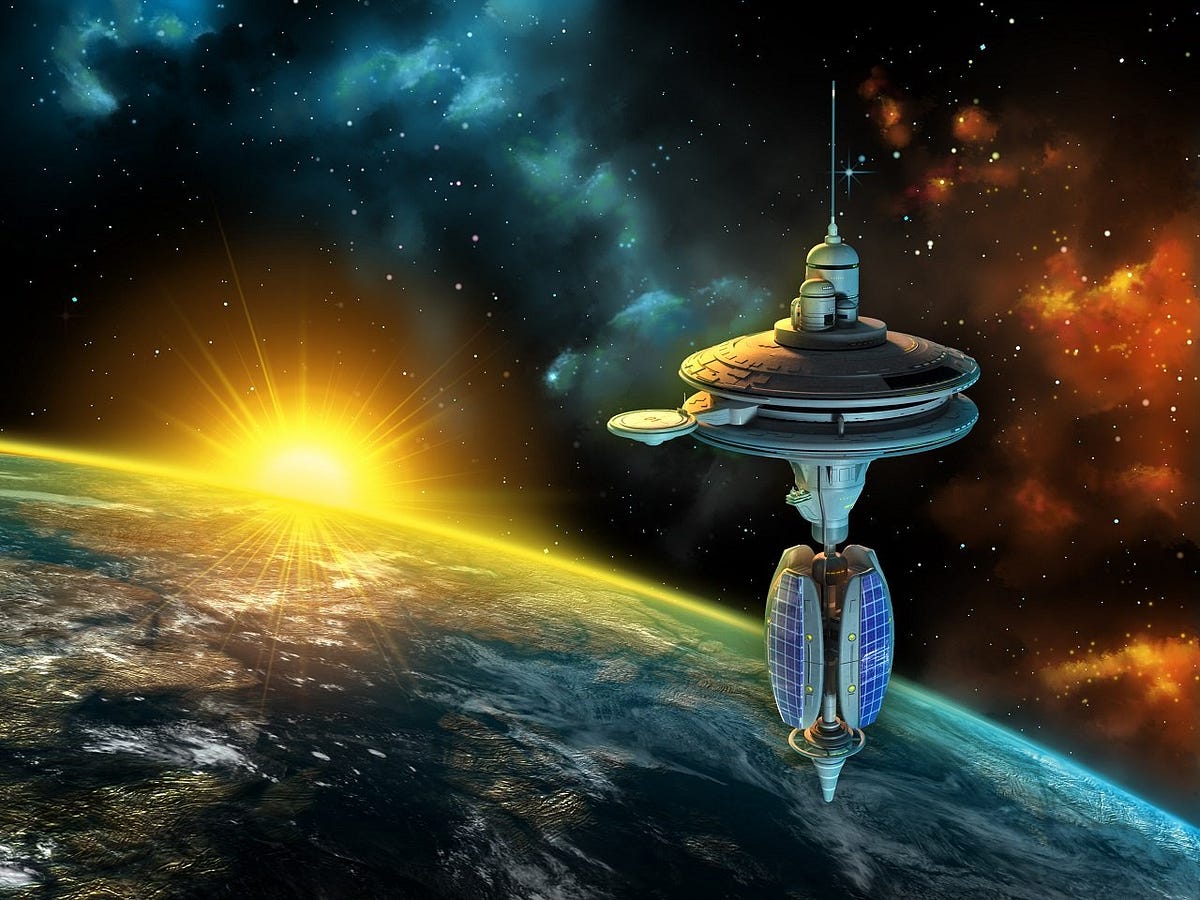“Everything we love about civilization is the product of human intelligence, so if we can amplify it with artificial intelligence, we obviously have the potential to make life even better.” — Max Tegmark, Life 3.0






Editor’s note: Because this issue is so crucial to our lives, I’ve broken the original post down into these six topics—each in their own post to allow for easier reading.
This is a huge topic. That’s why the original post was comprised of more than 7,000 and why I have broken it out into five separate posts. Even so, it didn’t cover nearly every aspect of the importance of AI to our future. My hope is to motivate readers to think about this, learn more, and have many conversations with their families and friends.
I’ve broken the original post down into these six topics—each in their own post. Feel free to jump around.
- An introduction to the opportunities and threats we face as we near the realization of human-level artificial intelligence
- What do we mean by intelligence, artificial or otherwise?
- The how, when, and what of AI
- AI and the bright future ahead (this post)
- AI and the bleak, darkness that could befall us
- What should we be doing about AI anyway?
It cannot be overstated that so many of the problems plaguing our world today are very solvable. Given today’s abundant wealth and advanced technologies, we need not have any hunger, pollution, energy needs, traffic deaths, political inefficiency, terrorism, or wars. If we better distributed and deployed the innovations and resources we have right now, these would all be things of the past. We’ve mapped the human genome and are manipulating DNA, we’re learning more ways to deploy nanotechnology, and we could colonize the moon, and probably Mars in five years if we had the will. There is no end to the things we can do — all with our puny monkey-brains. A smarter entity could greatly hasten these advancements and usher in many more undiscovered and unthinkable (for us) ones.
“There are no hard problems, only problems that are hard to a certain level of intelligence. Move the smallest bit upwards [in level of intelligence], and some problems will suddenly move from ‘impossible’ to ‘obvious.’ Move a substantial degree upwards, and all of them will become obvious.”
— Eliezer Yudkowsky, MIRI
Everything we make, indeed, anything that has ever been made, is made up of atoms. And there aren’t that many of them — hydrogen and helium make up 98% of the universe’s matter⁷ and 98.8% of Earth’s mass comes from just 8 elements: iron, oxygen, silicon, magnesium, sulfur, nickel, calcium, and aluminum. We are getting closer and closer to being able to manipulate the smallest known bits of our universe. For example:
- Genetics — Scientists have now successfully edited a human embryo to “delete” a gene linked to heart conditions. Additionally, genetic modifications to neurons in the brain show that the use of genetic editing is not restricted to growing cells but mature cells as well.⁸
- Quantum Computing — Advances at Google, IBM, Intel, Microsoft, and several research groups indicate that computers with previously unimaginable power are finally within reach.⁹
- Nanotechnology — Researchers have found ways to use nanochip technology to modify skin cells into other functional cells simply by placing a device with an electrical field on a person’s skin.¹⁰
Once we appropriate nanotechnology, the next step will be manipulating individual atoms (only one order of magnitude smaller). It stands to reason, that once we can break things down to their smallest elements and build them back up — moving individual atoms or molecules around — we will be able to build, literally, anything.
What can we* achieve with the help of a superhuman intellect? Disease, poverty, environmental destruction, scarcity, and unnecessary suffering of all kinds could be eliminated by a superintelligence equipped with advanced nanotechnology.¹¹
* using the “royal we” here as the AI will actually be doing it.
Furthermore, “a superintelligence could give us indefinite lifespan, either by stopping and reversing the aging process through the use of nanomedicine or by offering us the option to upload ourselves.” says Nick Bostrom, author of Superintelligence: Paths, Dangers, Strategies¹²
Here’s another excerpt from Tim Urban’s post about the AI Revolution and how ASI (Artificial Super Intelligence) may change everything:
What AI Could Do For Us?
Armed with superintelligence and all the technology superintelligence would know how to create, ASI would likely be able to solve every problem in humanity. Global warming? ASI could first halt CO2 emissions by coming up with much better ways to generate energy that had nothing to do with fossil fuels. Then it could create some innovative way to begin to remove excess CO2 from the atmosphere. Cancer and other diseases? No problem for ASI — health and medicine would be revolutionized beyond imagination. World hunger? ASI could use things like nanotech to build meat from scratch that would be molecularly identical to real meat — in other words, it would be real meat. Nanotech could turn a pile of garbage into a huge vat of fresh meat or other food (which wouldn’t have to have its normal shape — picture a giant cube of apple) — and distribute all this food around the world using ultra-advanced transportation. Of course, this would also be great for animals, who wouldn’t have to get killed by humans much anymore, and ASI could do lots of other things to save endangered species or even bring back extinct species through work with preserved DNA. ASI could even solve our most complex macro issues — our debates over how economies should be run and how world trade is best facilitated, even our haziest grapplings in philosophy or ethics — would all be painfully obvious to ASI.
But there’s one thing ASI could do for us that is so tantalizing, reading about it has altered everything I thought I knew about everything:
ASI could allow us to conquer our mortality.

“This seems absurd — but the body is just a bunch of atoms and ASI would presumably be able to easily manipulate all kinds of atomic structures — so it’s not absurd.”
— Tim Urban
Now that we’ve come to believe it possible that death itself could be eliminated it seems a bit superfluous to enumerate all the ways a sufficiently advanced AI could transform modern life by reshaping transportation, legal systems, governments, health, science, finance, and the military, so I think it best to leave those topics for individual future posts.
So far these supremely intelligent overlords don’t seem half bad. If they bring with them all of these things that help us finally clean up our acts and maybe immortality to boot? I’ll take it. Then again, how can we be sure they will want to help us?
Other parts in this series:
Part One: An introduction to the opportunities and threats we face as we near the realization of human-level artificial intelligence
Part Two: What do we mean by intelligence, artificial or otherwise?
Part Three: The how, when, and what of AI
Part Five: AI and the bleak, darkness that could befall us
Part Six: What should we be doing about AI anyway?
This is such an immense topic that I ended up digressing to explain things in greater detail or to provide additional examples and these bogged the post down. There are still some important things I wanted to share, so I have included those in a separate endnotes post.

Comments